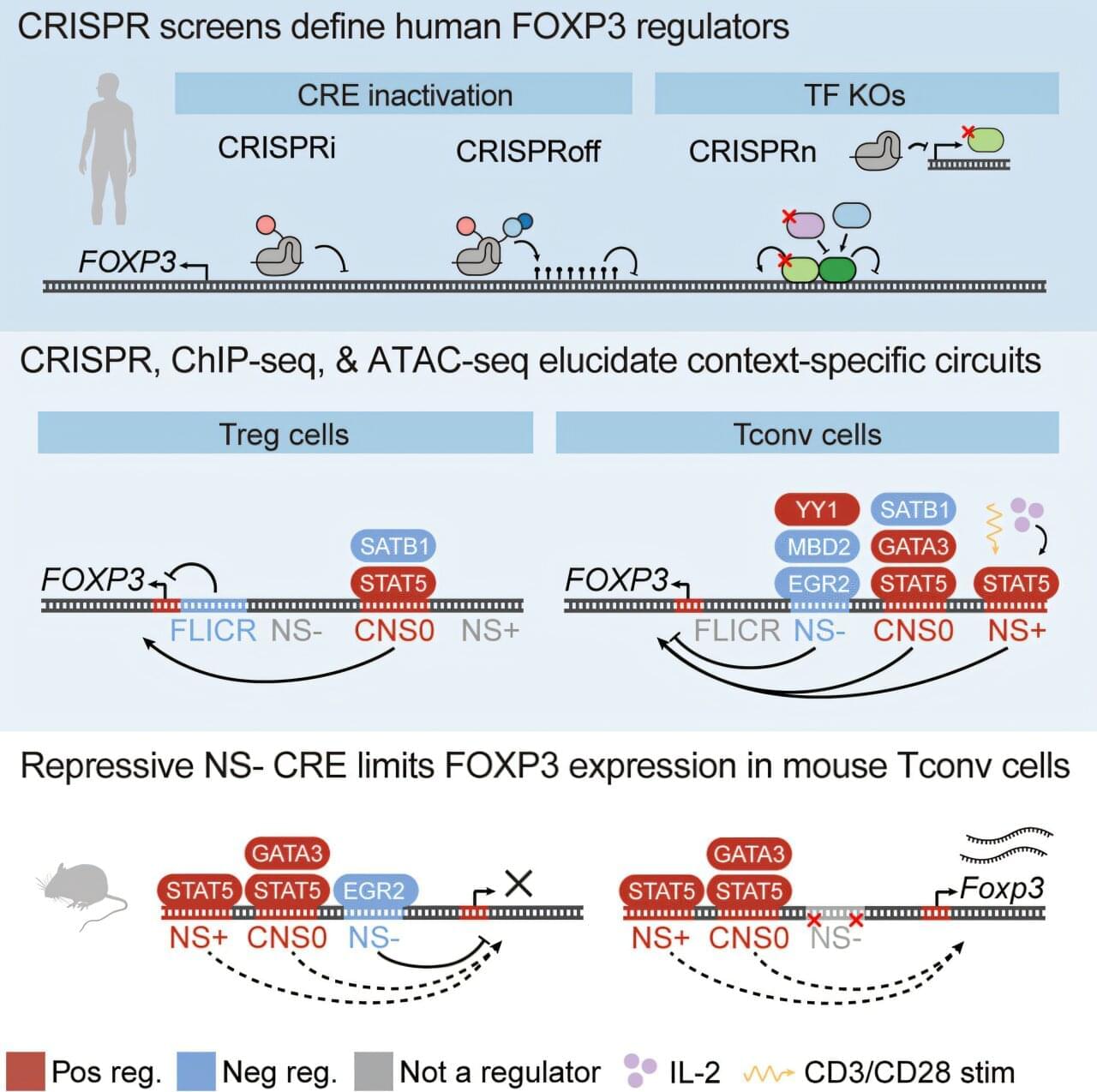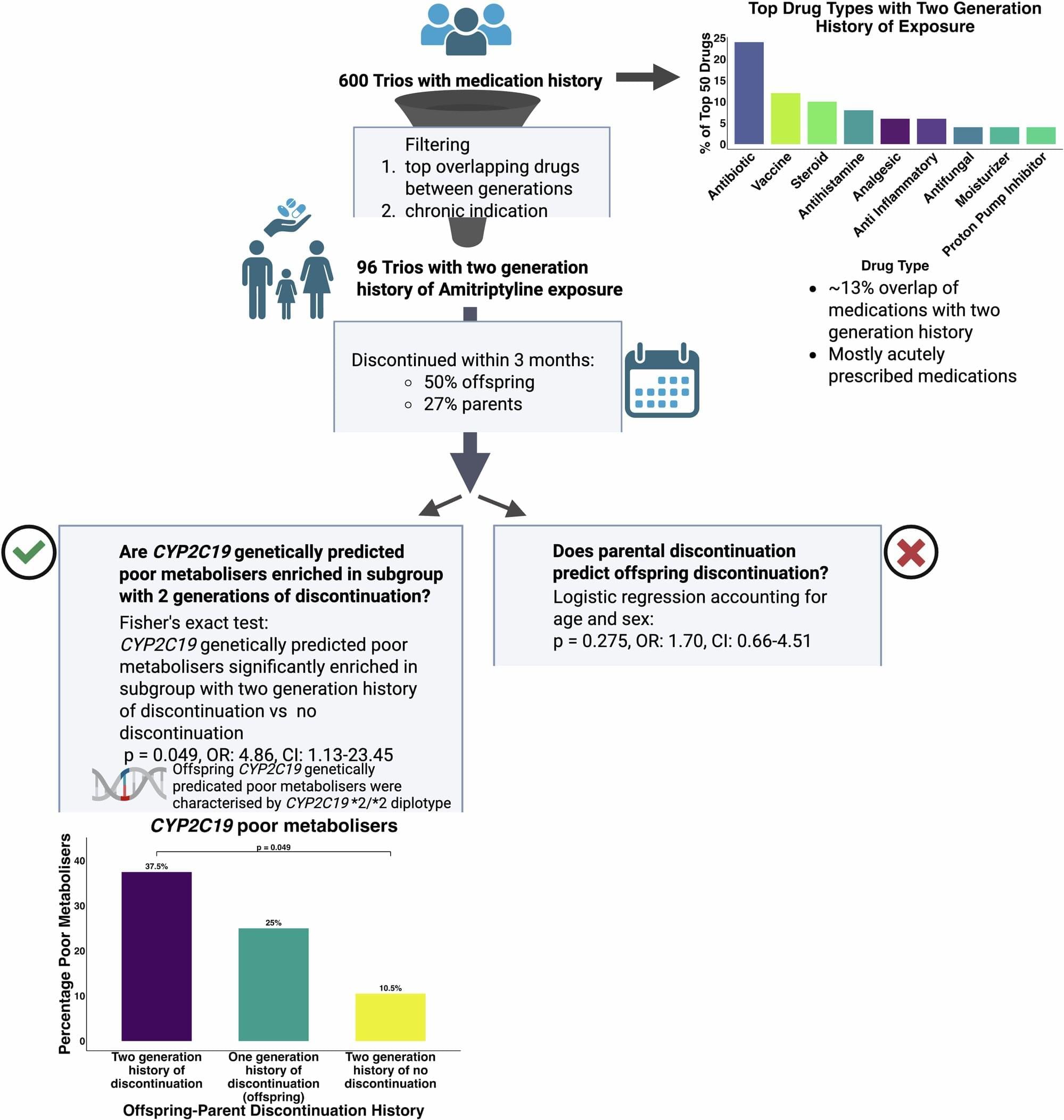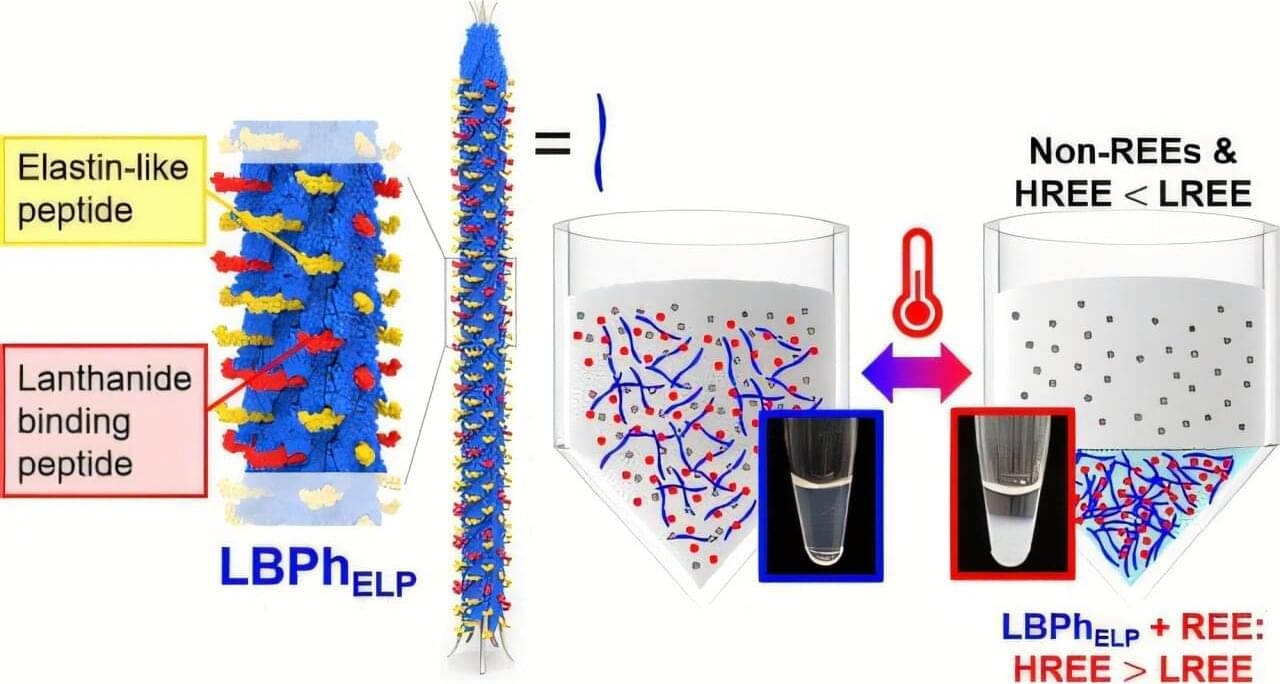After graduating from Hosei University, Hara worked at Denso, a Toyota Group subsidiary, where he began developing a barcode system. [ 6 ] In 1992, at Denso’s development department (later Denso Wave), he was tasked with creating a new 2D code to efficiently track automotive components. [ 7 ] [ 8 ] [ 9 ] [ 10 ] One day during a lunchtime game of go, he realized the black-and-white patterns could encode information. [ 6 ] He also researched publications to find a unique proportion for the position pattern to ensure readability. [ 11 ] The code was introduced in 1994. [ 12 ]
In 2021, QR codes were being used to book and track COVID-19 tests and contact tracing. [ 6 ] Hara has stated that he would like to develop QR codes for additional medical purposes, including imaging such as x-rays or electrocardiogram data. [ 2 ] Hara still works for Denso as of 2024. [ 1 ]
[ edit ].









